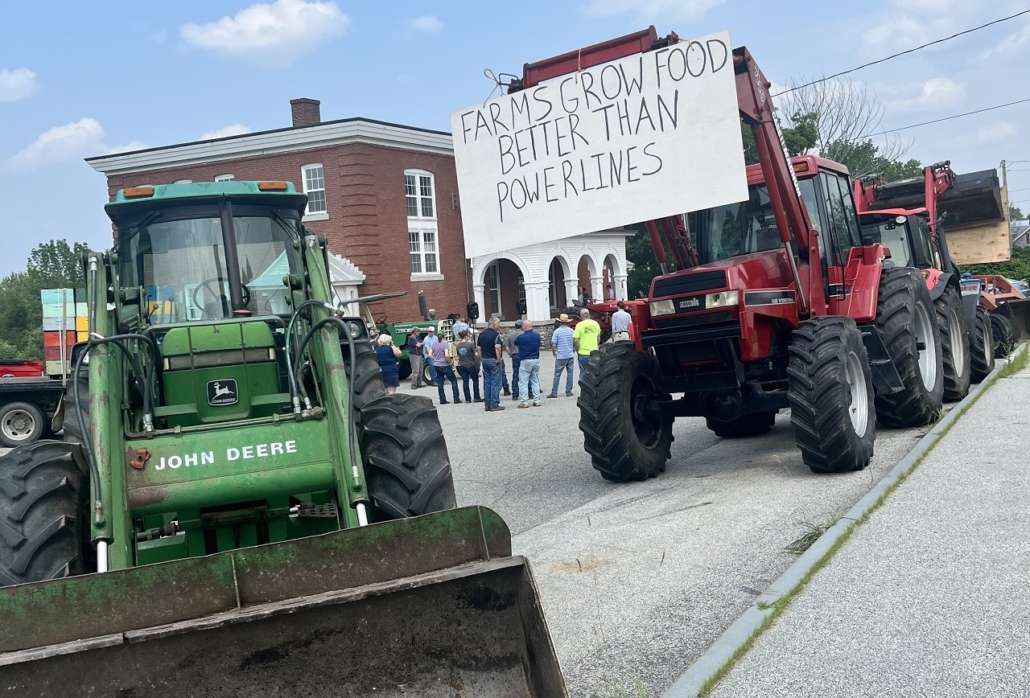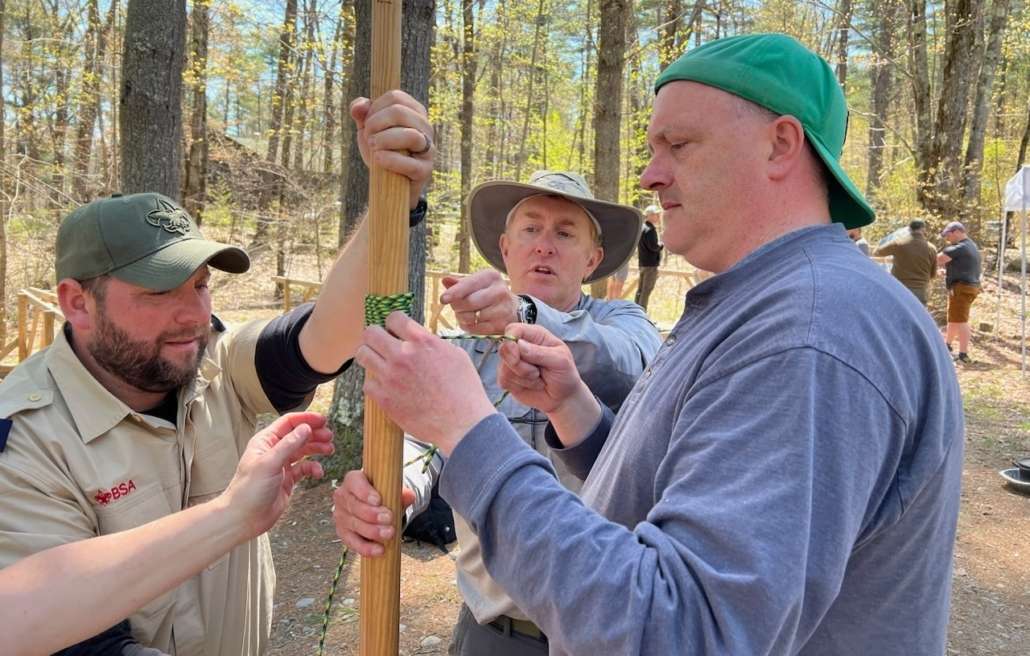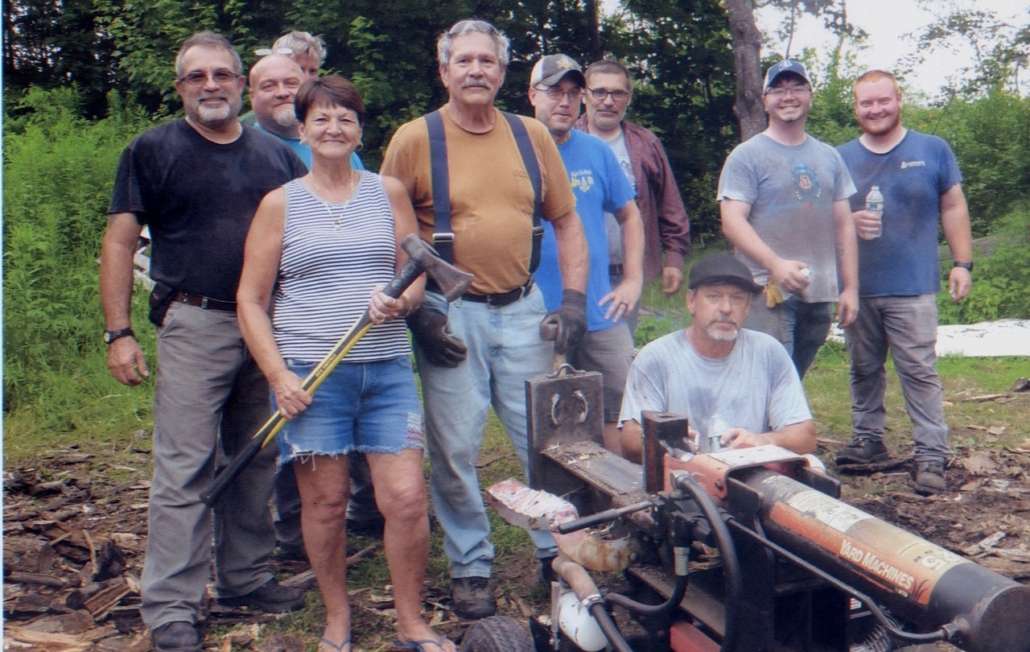Erskine wrestling phenom looking to the future

Wynn Pooler, in white, in action as one of the representatives from Maine at the Maine-Nebraska Wrestling Exchange. (contributed photo)
Wynn Pooler finished his sophomore year at Erskine Academy, in South China, maintaining a 4.0 GPA, ranked second in his class. During the 2023 Maine wrestling season, he repeated as KVAC, Southern Maine Regional, and State Champion – at 113 pounds (up from 106 pounds as a freshman), becoming the first two-time state champion in Erskine Academy Wrestling history.
 Nationally, Wynn was named a Scholar All-American by the National Wrestling Coaches Association (NWCA). He was also named a First Team Academic All-American by the National High School Coaches Association (NHSCA), the only student-athlete from Maine to achieve first team honors, while two swimmers from Ellsworth achieved second team recognition. This was the second consecutive year Wynn was named an NHSCA Academic All-American.
Nationally, Wynn was named a Scholar All-American by the National Wrestling Coaches Association (NWCA). He was also named a First Team Academic All-American by the National High School Coaches Association (NHSCA), the only student-athlete from Maine to achieve first team honors, while two swimmers from Ellsworth achieved second team recognition. This was the second consecutive year Wynn was named an NHSCA Academic All-American.
Due to his academic and athletic successes, Wynn received an opportunity to continue his high school education at The Hill School, in Pottstown, Pennsylvania. This fall he will join fellow Maine wrestler Cole Albert, of Lincoln, at Hill, where he will have access to some of the finest resources, facilities, and coaches in the country; a notable difference from Maine high schools where wrestling is often overlooked or takes a back seat to other sports, even amongst athletic directors and the MPA.
From June 22 – July 3, Wynn, along with 18 other standout Maine wrestlers, represented Maine in the Maine-Nebraska Wrestling Exchange. They traveled to four different regions of Nebraska where they wrestled some of the best from that state. At each stop, they stayed with host families and experienced the local culture. On July 14 – 15 he had the opportunity to attend a camp in Veazie, where he had the chance to train with three Princeton University wrestlers, one of whom was three-time NCAA All-American, Quincy Monday. It was the third camp he’s attended since the school year ended as he prepares to make the transition to national prep wrestling.
Wynn aspires to graduate near the top of his class at Hill and become a High School All-American before moving on to wrestle in college.














